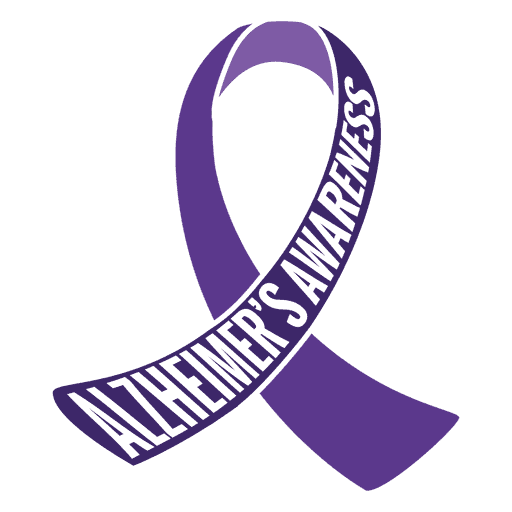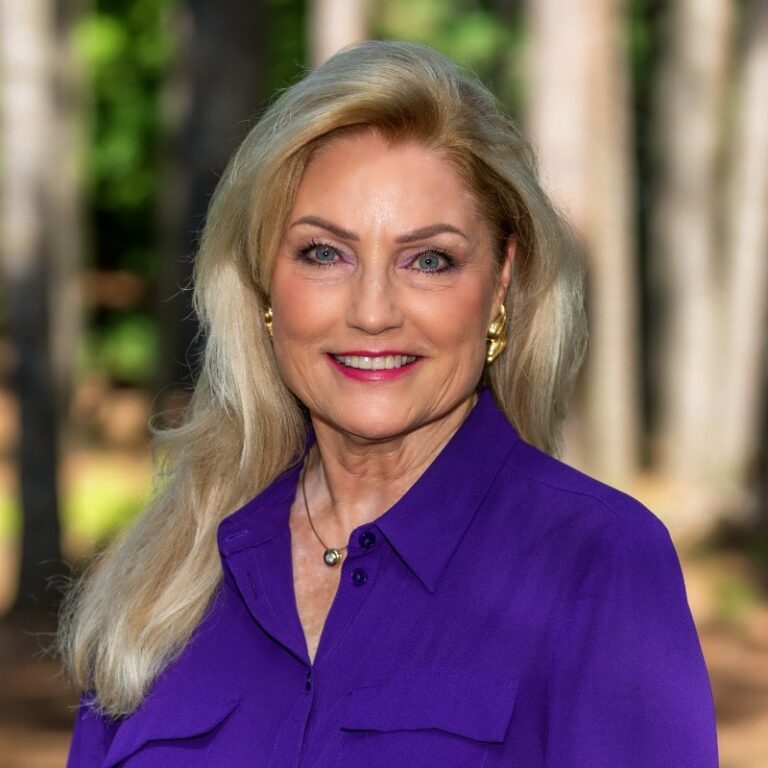Alzheimer’s Awareness Month Something Not to Be Forgotten

By Greg Ritchie
Messenger Reporter
EAST TEXAS – June is Alzheimer’s and brain awareness month, a time to fight for help and cures for those who suffer the effects of this terrible affliction. It is also a time to know and keep in mind the warning signs that could point to the onset of Alzheimer’s in oneself or in loved ones.
Alzheimer’s is a type of dementia, the most common type, affecting memory, thinking and behavior. According to Crockett-area physician Dr. Michael McLeod, Alzheimer’s continues to be hard to pin down, both in detection and definition.
“It basically exceeds a normal level of memory loss, and that’s a distinction,” McLeod explained. “It’s sometimes hard to put your finger on it, although it has been widely studied. We know some of the causes behind it and understand some of the things that go on in the brain, but the brain is amazingly complex. And even at best, our best medicines and therapies for Alzheimer’s are pretty weak.”
The first challenge for medical professionals is to be able to diagnose Alzheimer’s. At what point does normal memory loss cross the line?
“We have some basic tests for memory and cognitive functioning. In the clinic, we can administer and identify those at higher risk and then go through a process of ensuring there is no other cause behind it, such as having multiple strokes or lack of circulation of blood to the brain,” McLeod said. “We have to remove the effects of medicines, sometimes there are many, working in the brain. Patients that are on several medicines, oftentimes five or more of them are working in the brain and we have to peel those medicines back and reassess once we have a clean slate.”
While there is no clear cause for Alzheimer’s, family history seems to play a role. Awareness has not only increased because people spread the word, the raw number of cases has gone up considerably.
“The reality is we have an aging population. We have a baby-boomer generation that has expanded our elderly population more than we’ve ever had. So there’s more age-related dementia and age-related memory loss. Society has also gotten more technologically advanced and complicated to use,” McLeod said. “If you forget the name of someone, that may be normal. If you forget your child’s name, that might be a sign and those are the kinds of things we look at.”
While there are certain medications to calm some of the symptoms, the treatment can be unexpected, such as helping victims establish routines so they will not get off-track.
“Treatment is difficult, and basically supportive care from families,” McLeod said. “People with Alzheimer’s do benefit from routine They benefit from a stable environment and they tend to operate pretty well within their own comfortable environment. It’s when they get off course a little that causes problems. They’ll pull out to the gate they pulled out to for 30 years and they’ll be ready to take the right turn to head to town. Maybe there’s an obstruction there today, so they’ll take a left turn instead and within a quarter mile, they’re completely lost because they’re out of their comfort zone.”
“The comfort in the routine is what actually helps provide them stability and sometimes simplifying things and that’s where memory-care facilities typically do better.”
Sometimes, the most difficult task can be the burden carried by families who look after those suffering from memory loss. The hurt feelings or frustration from forgotten names of loved ones. The constant care needed to make sure they are where the should be, the stove was turned off, and the million other details which could present a danger to someone with memory loss.

“The unseen epidemic is the plight of the caregiver in these situations, because when we try to take care of patients like this in our home, we’re no longer sons, daughters and grandchildren – we become nurses and then hall monitors and things like that. And that turns the dynamics of relationships upside down,” McLeod noted. “They have to understand the brain of their parent is not working as well, the filters that used to be there aren’t there, saying and doing things that are typically out of character. They have to remain patient with that, but it puts a lot of demands on if you calculate the number of hours you have to keep track of somebody. But caregivers try to do it and still maintain their lives. Caregivers have to take care of themselves and recognize their limits and know when it’s time for their their loved one to be in a facility that can care for them with multiple people.”
McLeod said no one wants to put a loved one in institutional care, but protecting that loved one (sometimes from themselves) can take time to set up and can be expensive.
Alzheimer’s is a cruel affliction, where people who have spent lives together become strangers. It’s a progressive disease, so the symptoms often develop so slowly they are not easily detected. Patients and their caregivers can become angry and hostile, causing more stress and heartache.
As June is Alzheimer’s awareness month, it is a good time to check loved ones for signs, check in on those who suffer from it, or offer help to a family member trying to take care of a patient with Alzheimer’s.
Greg Ritchie can be reached at [email protected]






